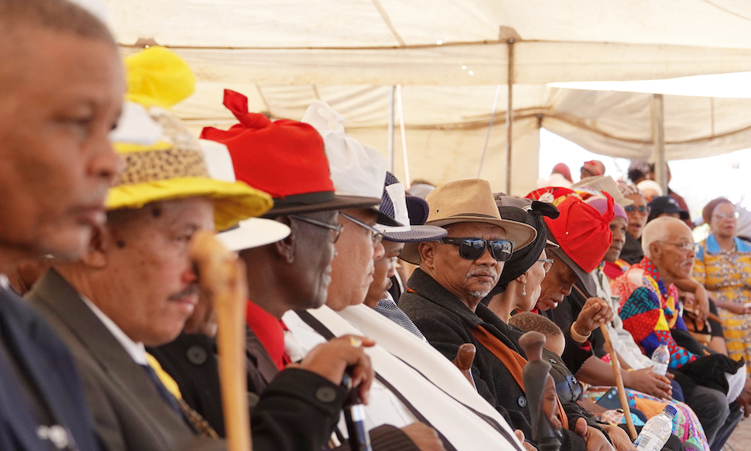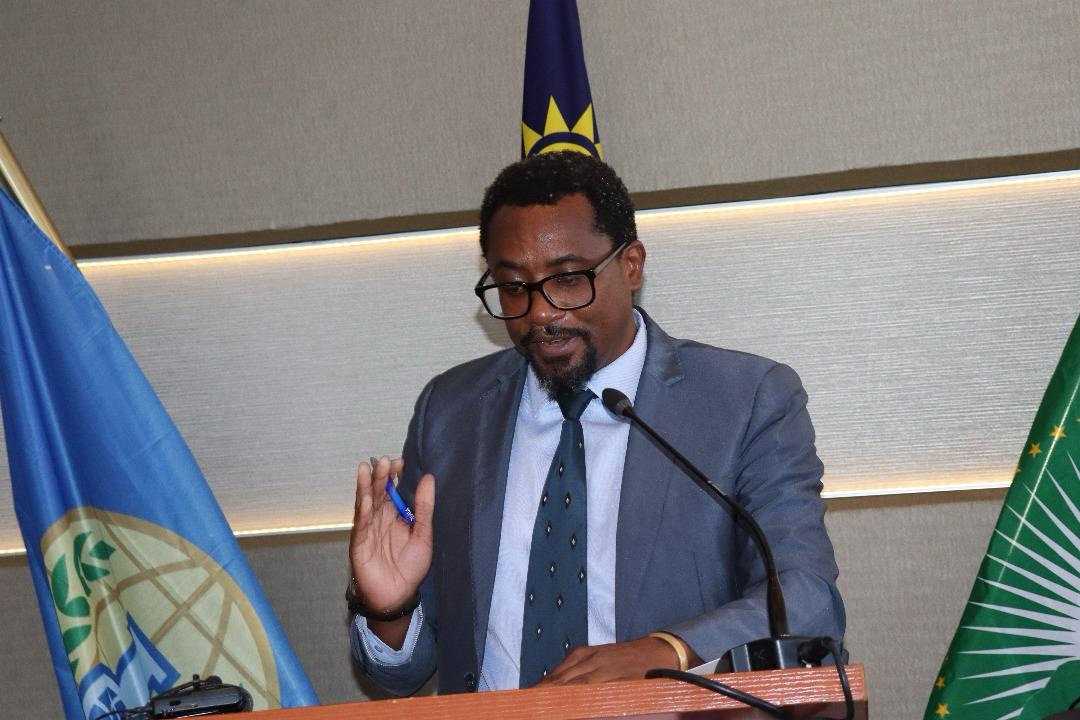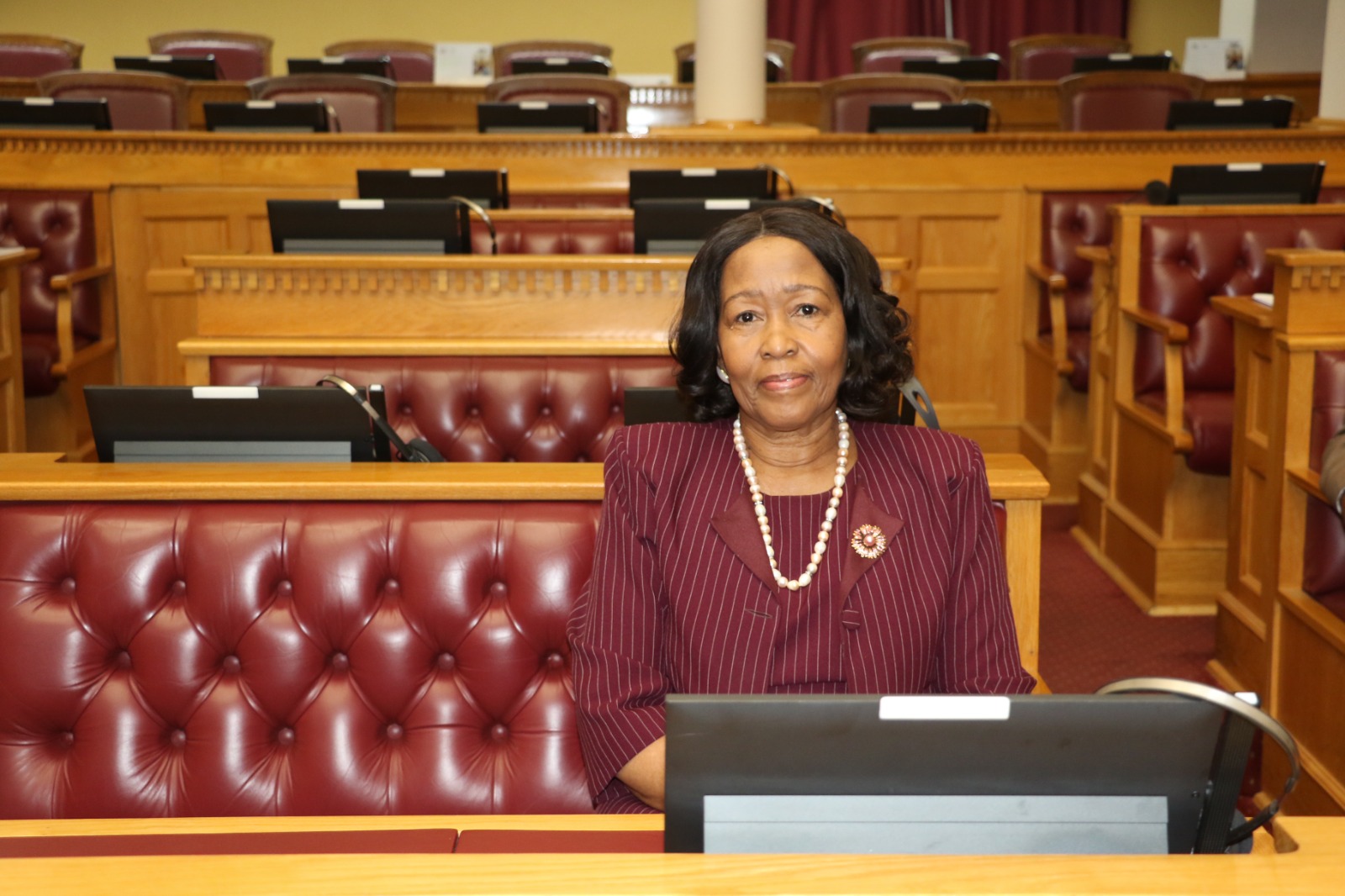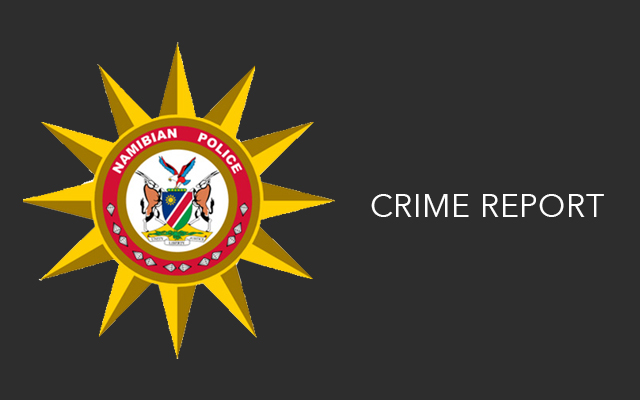FARMERS at Gam will have to suffer the financial consequences of the actions of fellow farmers who illegally cut the veterinary cordon fence around the Nyae-Nyae Conservancy.
According to a State Veterinarian at Gobabis, Dr Immanuel Hikuse, Gam has been placed under restriction, and will not be allowed to trade in livestock in the ‘free zone’ until a surveillance exercise has been carried out to ensure that no animals or buffalo have crossed into the Gam area through the damaged fence.Five Herero-speaking farmers and their families from the Gam area cut the veterinary fence last weekend and entered the area with 132 cattle, 21 donkeys, 15 horses, 16 sheep and 19 goats. Since then, it has been confirmed that eight more families have entered the conservancy with another 215 cattle, 11 donkeys, and other livestock. There are also concerns that farmers are entering the conservancy from the eastern side.But the illegal cutting of the fence will have far-reaching repercussions, not only for the invading farmers who will most likely have several criminal charges against them, but also for their fellow farmers at Gam. Nyae-Nyae is a buffer area into and out of which animals are not allowed to move. The cutting of the fence has thus sparked an animal health crisis.But surveillance of the Gam area can only start 21 days after the last cutting of the fence, which, according to sources, has been continuing. The 21-day gap is to allow for an incubation period to effectively monitor the spread of foot-and-mouth disease (FMD).’If people stop their movement across the veterinary line now, this means we could carry out surveillance in 21 days,’ Hikuse said.This means that farmers in Gam – who have already threatened that farmers who moved into the conservancy should not return to the area in order to avoid conflict – will have their livelihoods compromised for a period due to the actions of their fellow farmers. If findings show that FMD has spread into the Gam area due to movement of livestock through the broken fence, trade from Gam may be restricted indefinitely.Prior to the restriction, Gam was a ‘free zone under surveillance’, which meant that it could still trade in livestock in other ‘free zones’ such as Tsumkwe, but was constantly being monitored by veterinary services.Hikuse said that in addition to increased surveillance at Gam, veterinary officials who left for Nyae-Nyae yesterday would be identifying animals in the conservancy through ear tagging or special branding, to ensure that they are confined to the conservancy, or able to be identified more easily should they return to the Gam area.He noted that Veterinary Services would most likely open a case against the renegade farmers for ‘illegal cutting of the fence and illegal movement into the conservancy’.Namibian Police Commissioner Hofni Hamufungu also confirmed that the invader farmers would likely face charges including ‘malicious damage to State property’.He said, however, that the Police, who are waiting a response from traditional and veterinary authorities, are ‘in a dilemma because even if we chase the people back (to Gam), what do you do with the animals?’He said the Police are nevertheless confident of a solution, adding that law enforcement was depending heavily on veterinary services to provide an evaluation of the situation.In the meantime however, Police have advised San residents in the Nyae-Nyae Conservancy not to press charges against the families that have ‘invaded’ the conservancy – which Cabinet in 1990 decided could only be settled on by the Ju/’hoansi San people – despite additional families having crossed the veterinary line into the protected conservancy.The manager of the conservancy, Kgao Ghauz, yesterday told The Namibian that members of the community ‘went to the Police station and tried to open a case, but were advised to wait for veterinary services so that we can open one case instead.’Asked what the general feeling among the San people is, Ghauz said: ‘They are not happy because they don’t want their animals to mix with their [the Herero farmers’] cattle. Also, for us the problem is that they are damaging our resources because they are cutting down trees, grazing on our land, and so on.’Detective Inspector Samuel Edward Gariseb, commander of the Tsumkwe Police station, says the Police are ‘just monitoring the situation’ and ‘waiting for the traditional council and people dealing with lands and resettlement’ to decide on the next course of action.Meanwhile, the Legal Assistance Centre yesterday sent a team to the conservancy to consult with the community about possibly applying for a High Court interdict to have the families evicted.nangula@namibian.com.na
Stay informed with The Namibian – your source for credible journalism. Get in-depth reporting and opinions for
only N$85 a month. Invest in journalism, invest in democracy –
Subscribe Now!










